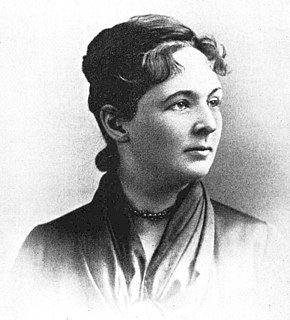A Quote by Margaret Deland
In connection with death, or birth, or love, modesty is only a rather puerile self-consciousness.
Quote Topics
Related Quotes
At physical death man loses his consciousness of the flesh and becomes conscious of his astral body in the astral world. Thus physical death is astral birth. Later, he passes from the consciousness of luminous astral birth to the consciousness of dark astral death and awakens in a new physical body. Thus astral death is physical birth. These recurrent cycles of physical and astral encasements are the ineluctable destiny of all unenlightened men.
You exist in time, but you belong to eternity- You are a penetration of eternity into the world of time-You are deathless, living in a body of death- Your consciousness knows no death, no birth- It is only your body that is born and dies-But you are not aware of your consciousness-You are not conscious of your consciousness-And that is the whole art of meditation;Becoming conscious of consciousness itself.
If a man considers that he is born, he cannot avoid the fear of death. Let him find out if he has been born or if the Self has any birth. He will discover that the Self always exists, that the body that is born resolves itself into thought and that the emergence of thought is the root of all mischief. Find from where thoughts emerge. Then you will be able to abide in the ever-present inmost Self and be free from the idea of birth or the fear of death.
When one existentially awakens from within, the relation of birth-and-death is not seen as a sequential change from the former to the latter. Rather, living as it is, is no more than dying, and at the same time there is no living separate from dying. This means that life itself is death and death itself is life. That is, we do not shift sequentially from birth to death, but undergo living-dying in each and every moment.
If the denial of death is self-hatred, as it is to deny our freedom and live in fear of death (which is to say, to live in a form of bondage), then the acceptance and affirmation of death is indeed a form of self-love. But I'd want to make a distinction between a form of self-love which is essential to what it means to be human, and a narcissism of self-regard, like Rousseau's distinction between amour de soi and amour propre, self-love and pride.





































